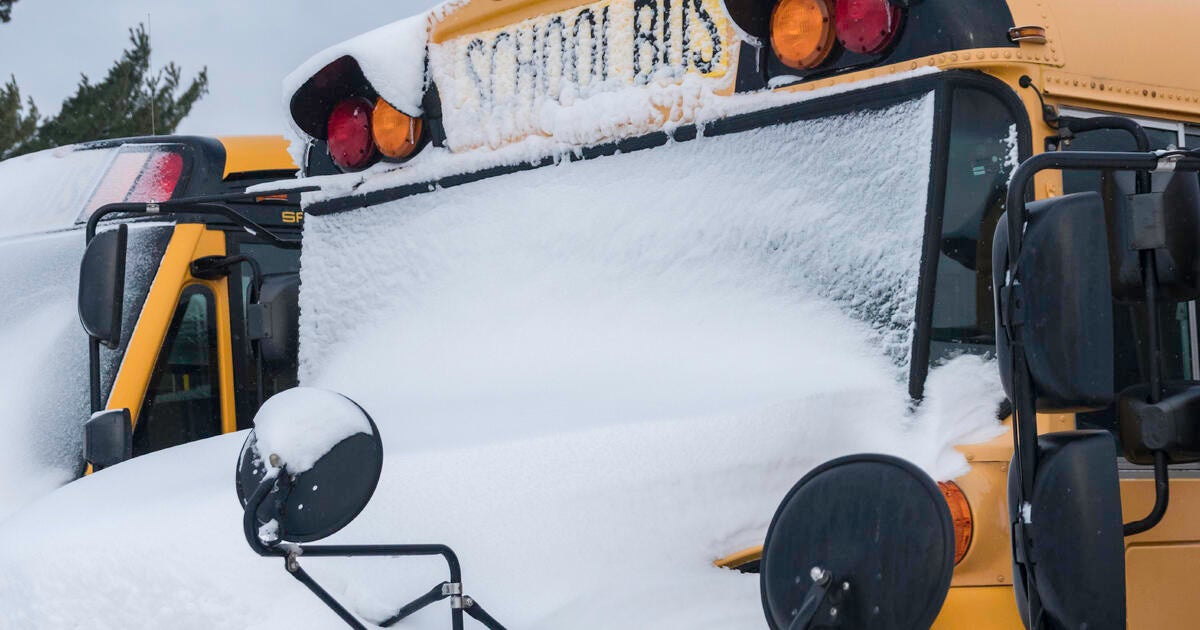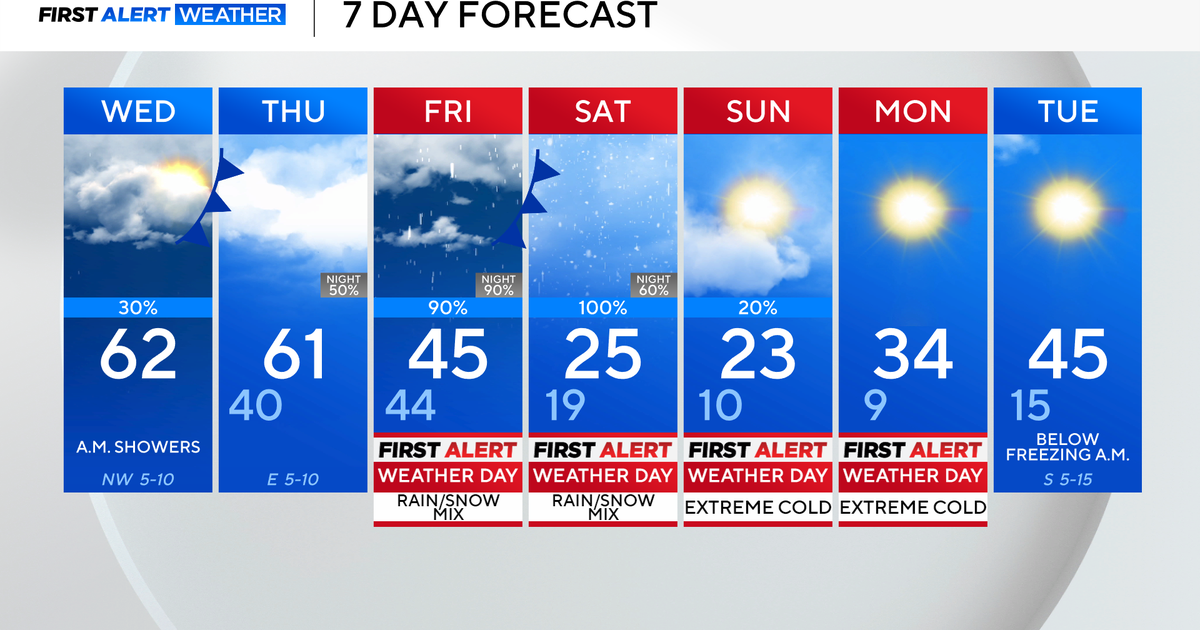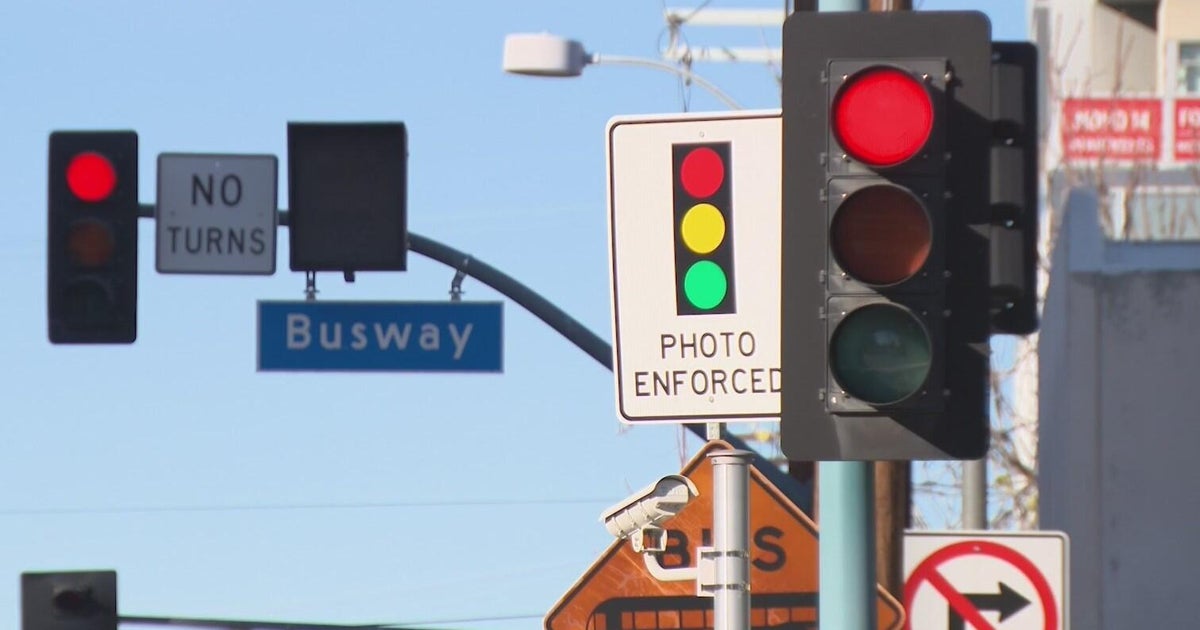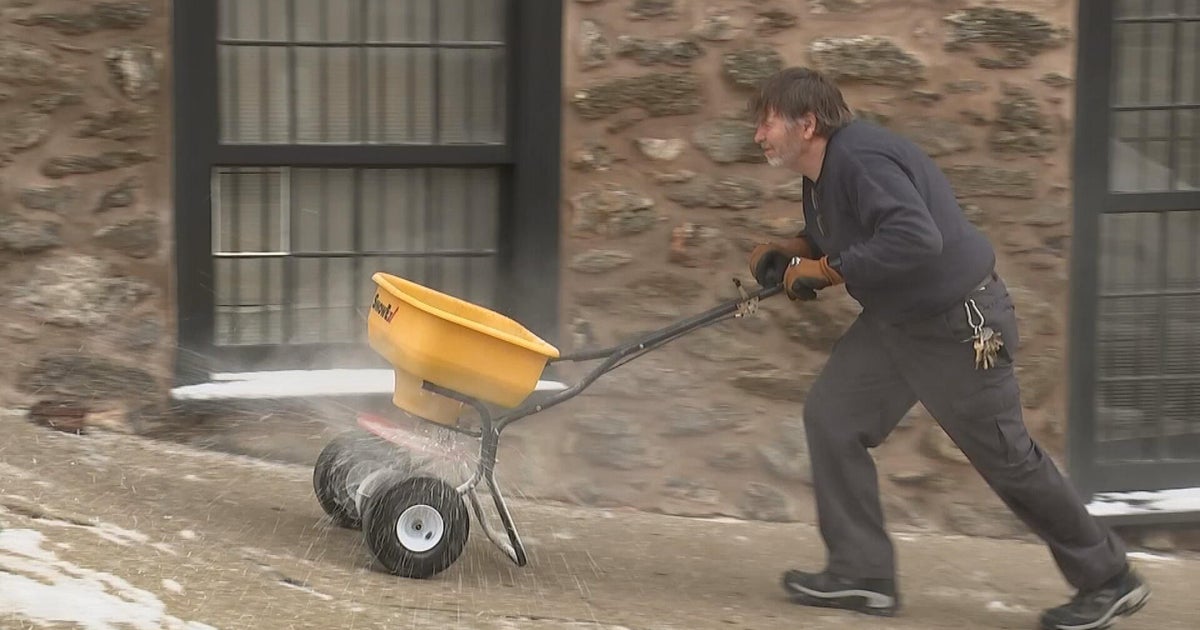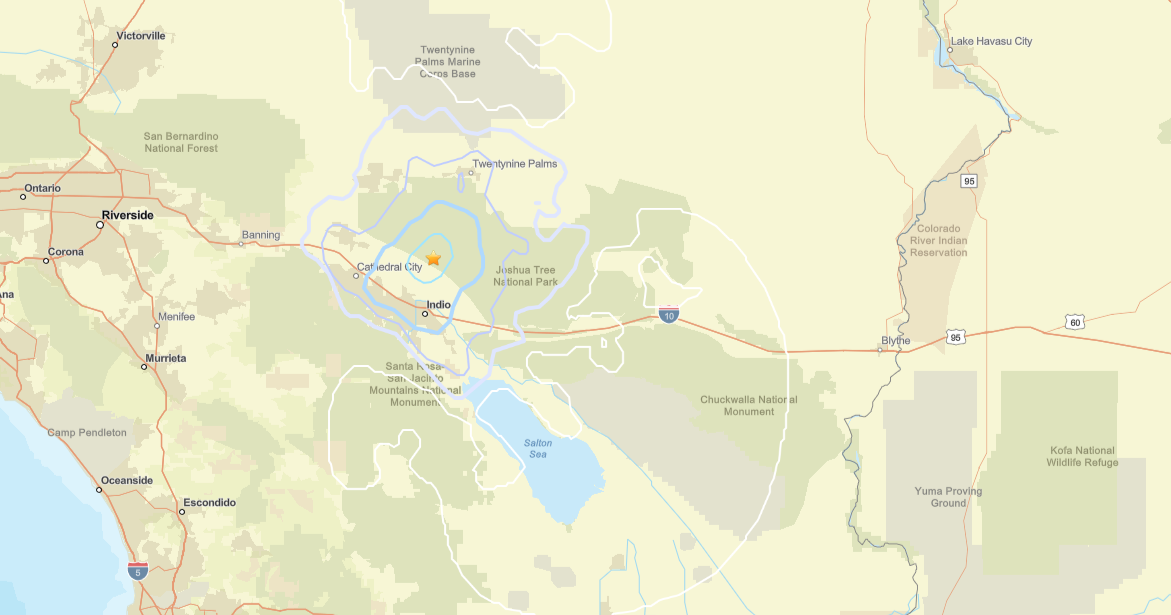Stanford study finds worsening wildfires limit gains in fighting air pollution
Western wildfires are becoming an annual occurrence, and one look outside at the smoky air showed how widespread their effects can be.
A new study by Stanford University is revealing how smoke from wildfires may be wiping out decades' worth of progress in the fight against air pollution.
The Hiller Highlands in the Berkeley hills normally has an incredible view of downtown Oakland all the way to San Francisco. But on Wednesday morning, not so much.
ALSO READ: Smoky skies from California, Oregon wildfires to linger in Bay Area; Spare the Air alert issued
"San Francisco's gone completely. Usually, it pops out, the Bay Bridge and all that. But you can't even see it right now," said Dan Scarola.
From his backyard deck, Scarola had a bird's eye view of the smoke that had settled in from fires burning clear up at the Oregon border and beyond. He knows that the days of smoke coming only from nearby wildfires are gone.
"No, it comes from Canada!" he said, laughing. "From God knows where! It just blows down!"
Scientists say wildfires induced by climate change are here to stay and a new study from Stanford University shows how much the entire country is being affected by them. The study finds that many of the gains in the fight against air pollution are being erased by the smoke from Western blazes.
In California and Nevada, from 2000 to 2015, levels of particulates in ambient air dropped by 32%. But since 2016, as the first mega-fires began burning, the particulate levels have risen by 14$.
"Yeah, it is a little unnerving," said Scarola," because you realize we're all connected, whether you like it or not."
That's exactly what the study is getting at. The ability of tiny particles in the upper atmosphere to spread over large areas led researchers to conclude that pollution can no longer be fought on a local level.
"These increases in wildfire smoke, which we and others show are expected to continue under a warming climate, subvert the logic of traditional, regionally based air quality regulation..." wrote the authors. "New approaches will probably be needed to address the growing influence of wildfire smoke on air quality."
They said pollution will have to be fought from a wider view that takes into account the probability of smoke particles coming from a great distance. And it's not just happening here. The study says smoke from Western wildfires has either slowed or fully reversed air quality improvement in 35 states since 2016.
It was breathtaking news for Siggie Cohen, who was walking her dog along the Emeryville shoreline on Wednesday.
"You feel like you want to feel some fresh air." she said. "Even though it's really windy today, it doesn't feel fresh at all."
The study says, to get fresh air one may have to go indoors. It recommends that, instead of focusing solely on preventing pollution, more emphasis be put on avoiding exposure, such as increased use of air filters in buildings.
Emeryville resident Mike Chin thought that sounded pretty frightening.
"Yeah. Yeah, it's slightly apocalyptic. Maybe more than slightly apocalyptic!" he said.
Apocalyptic or not, scientists say it is the new normal as the progress we thought we were making on pollution may be going up in smoke.
KPIX Weather Center: Current conditions, alerts, maps for your area
People can find the latest air quality readings in their part of the region by visiting:
AirNow - fire.airnow.gov
IQAir - www.iqair.com
Bay Area Air Quality Management District - baaqmd.gov
Northern Sonoma County Air Pollution Control District - nosocoair.org/
Purple Air - purpleair.com
